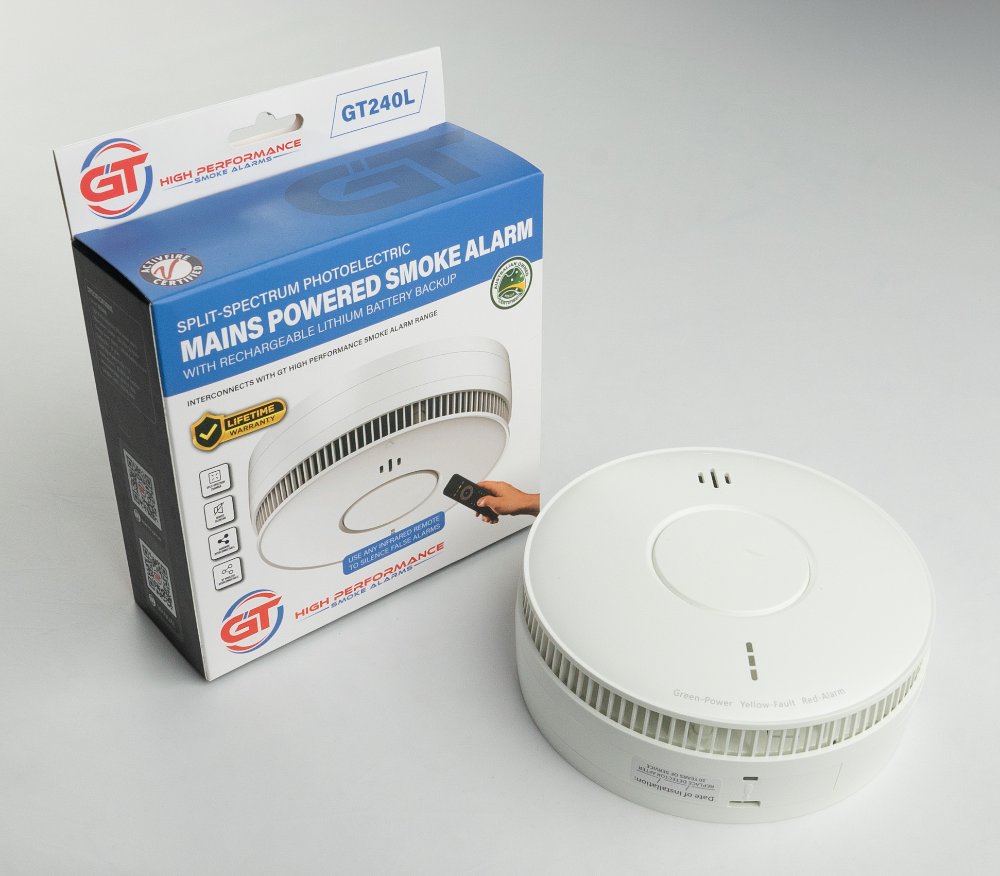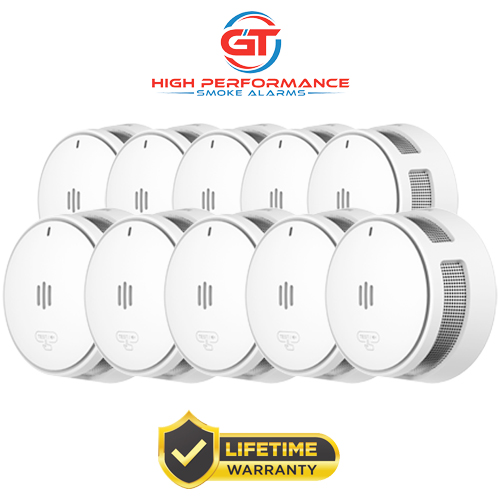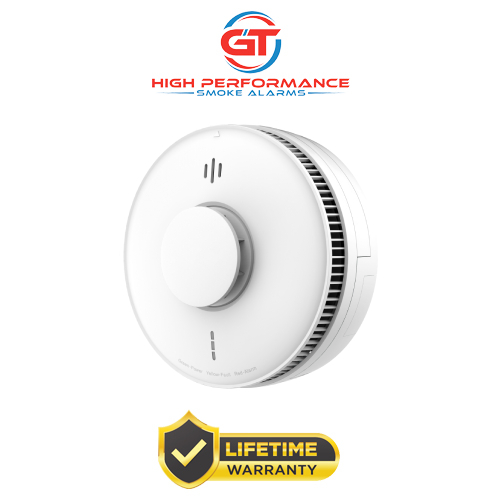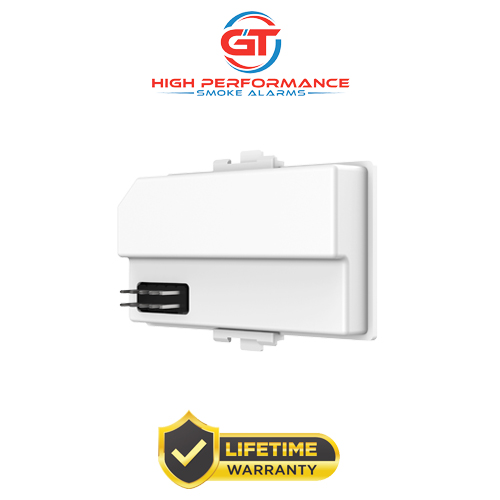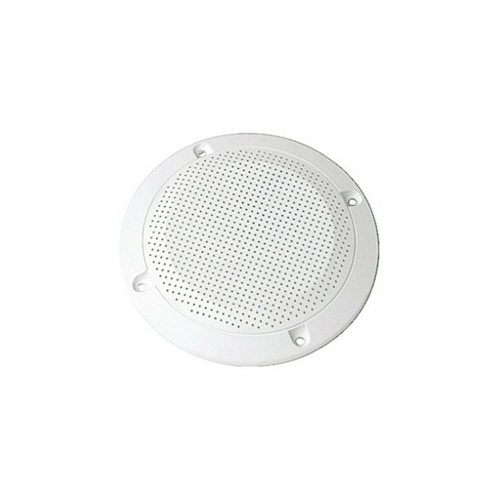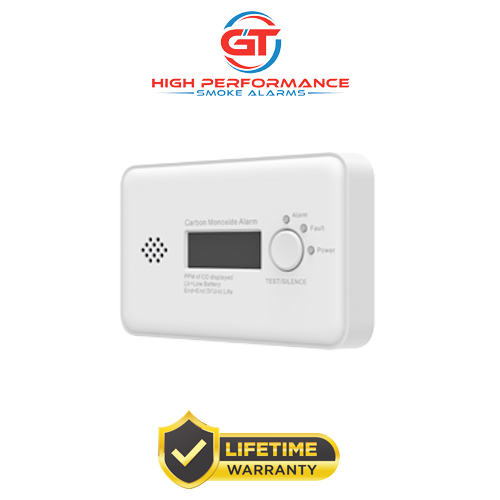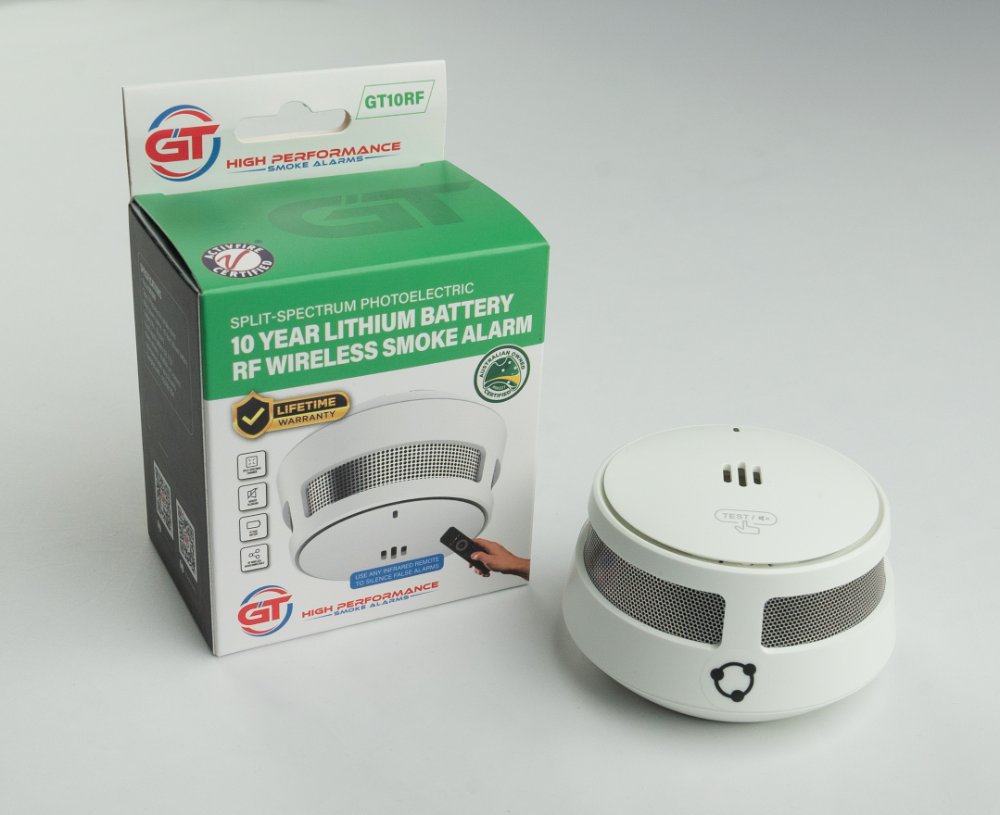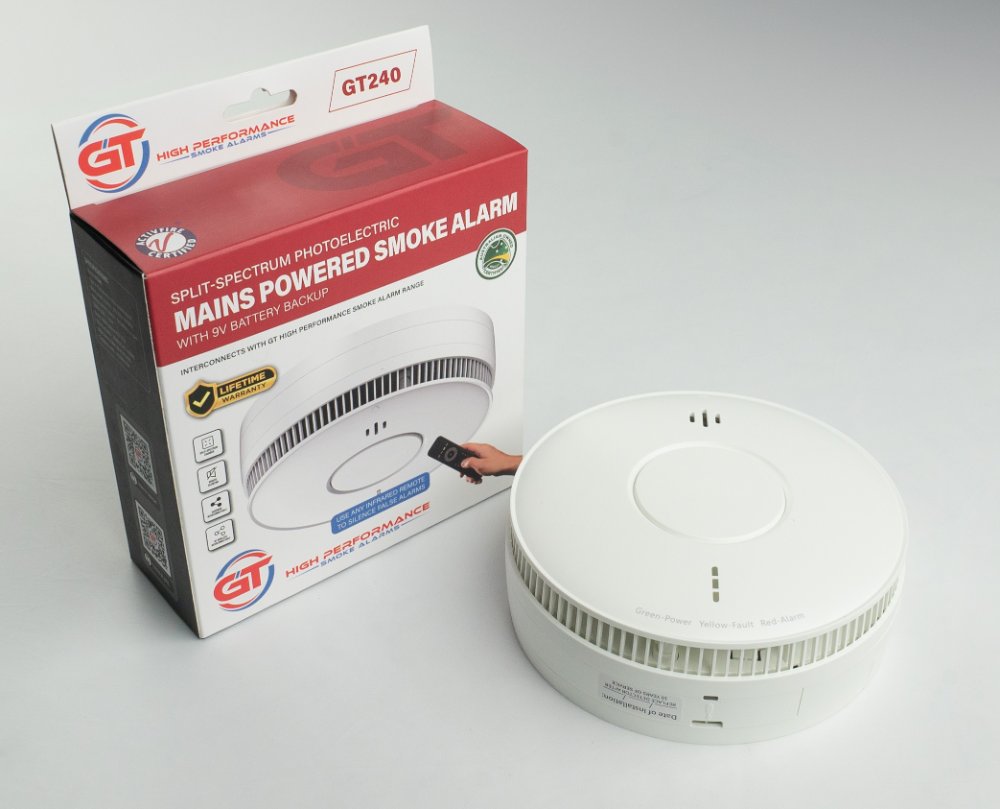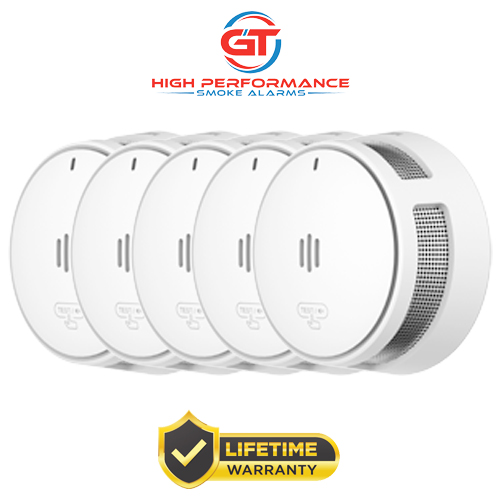What triggers smoke alarm?
Smoke alarms are an essential safety feature in every home. They are designed to detect the presence of smoke and alert occupants to potential fire hazards. But have you ever wondered what triggers a smoke alarm? In this blog post, we will explore the various factors that can set off a smoke alarm and how they work.
1. Smoke Particles
The primary trigger for a smoke alarm is the presence of smoke particles in the air. Smoke is made up of tiny particles that are released when something burns. These particles can be as small as 0.01 microns in diameter, which is smaller than a human hair. When smoke particles enter the sensing chamber of a smoke alarm, they disrupt the normal flow of electric current and trigger the alarm.
2. Heat
Some smoke alarms are also equipped with heat sensors that can detect rapid increases in temperature. When a fire starts, the heat generated can quickly rise above normal room temperature. Heat-sensitive smoke alarms can detect this change and activate the alarm, even before smoke is present. This feature is especially useful in areas where smokeless fires, such as electrical fires, are more common.
3. Steam and Cooking Fumes
While smoke alarms are designed to detect smoke particles, they can also be triggered by other airborne particles, such as steam and cooking fumes. Steam from a hot shower or cooking fumes from a stovetop can enter the sensing chamber of a smoke alarm and cause it to go off. To prevent false alarms, it is recommended to install smoke alarms away from kitchens and bathrooms.
4. Dust and Insects
Over time, dust and insects can accumulate inside a smoke alarm and interfere with its sensors. Dust particles can block the sensing chamber, preventing smoke particles from reaching the sensor. Similarly, insects can crawl inside the smoke alarm and trigger the alarm by touching the sensor. Regular maintenance, such as cleaning and testing, can help prevent false alarms caused by dust and insects.
5. Malfunction or Battery Issues
Like any electronic device, smoke alarms can malfunction or experience battery issues. A faulty smoke alarm may trigger false alarms or fail to detect smoke when there is a real fire. It is important to regularly test smoke alarms and replace batteries as needed to ensure they are functioning properly. Most smoke alarms have a lifespan of 8-10 years and should be replaced after this time.
In conclusion, smoke alarms are triggered by the presence of smoke particles, rapid increases in temperature, steam and cooking fumes, dust and insects, as well as malfunction or battery issues. Understanding what triggers a smoke alarm can help you take the necessary precautions to prevent false alarms and ensure the safety of your home and loved ones.

